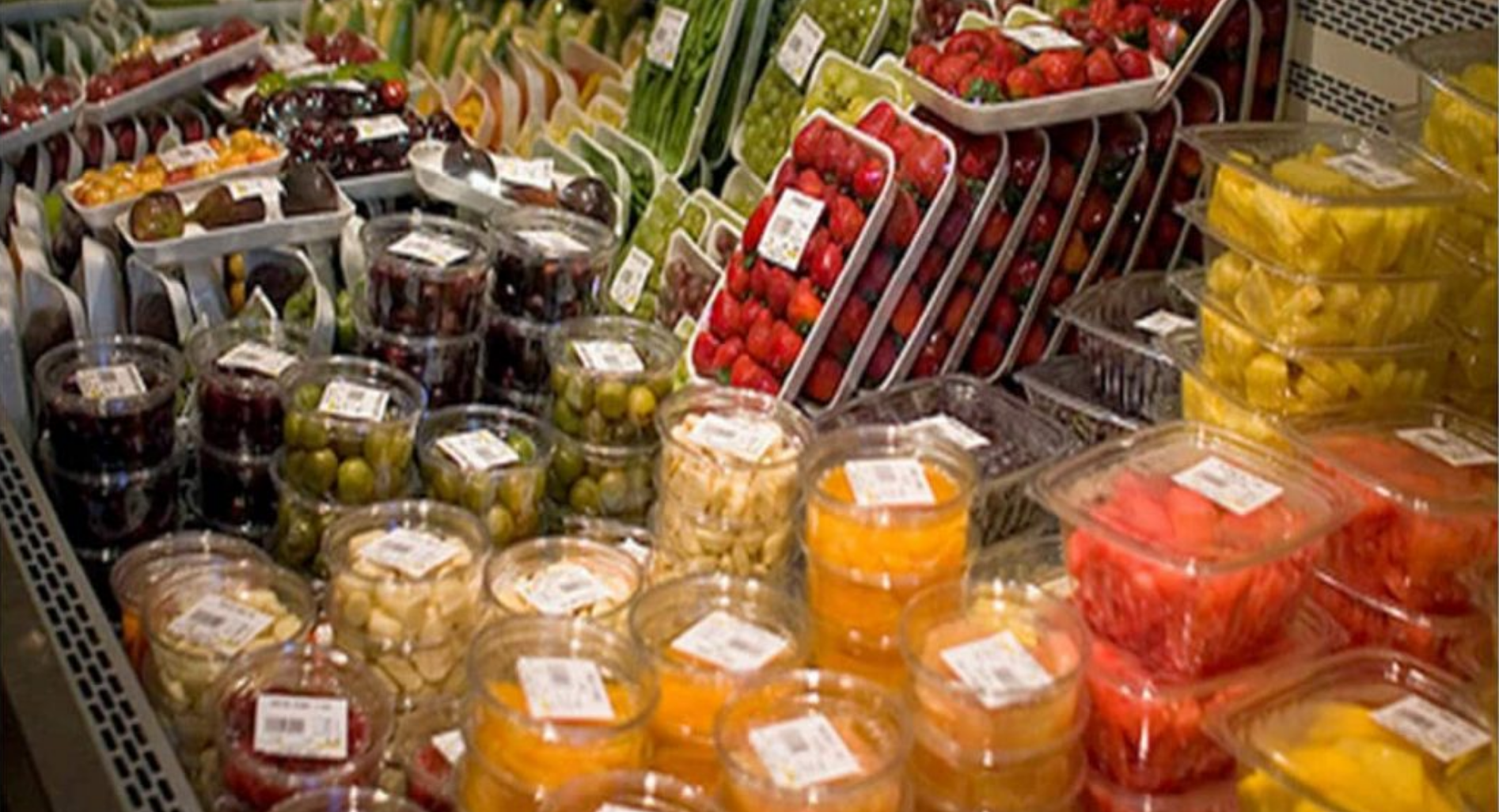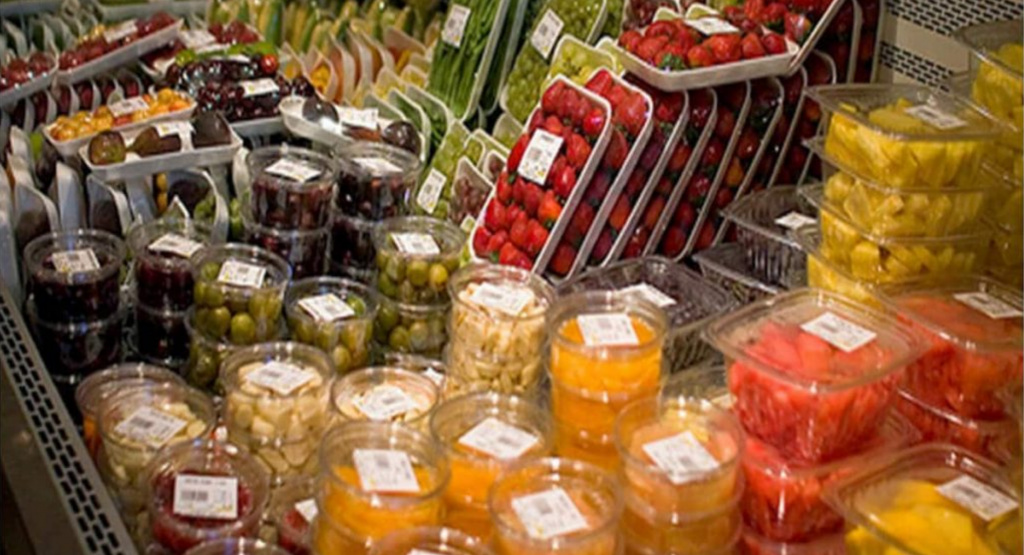
31 Jan ARE PLASTICS THE 21ST CENTURY CIGARETTES?

Many of us have seen images of how plastics are choking our environment. We gasp in horror at images of plastic remnants found in the bodies of animals and fishes. Beyond the pain we feel for these animals and shame for such human behaviour, there are real health risks most authorities are not yet willing to acknowledge.
Could we draw a comparison with how cigarettes were viewed by authorities in the past? It may be a long time before they would officially put a warning label on plastic products. I hope my article will help you start sooner rather than later to do all you can to reduce the use of plastics.
WHAT’S HARMFUL IN PLASTICS
 Two main chemicals phthalates and bisphenol-A (BPA) are used. Phthalates are added to plastics to increase their flexibility, transparency, durability and longevity. BPA is added to plastics to make them more durable and is found commonly in polycarbonate plastics used in containers that store food and beverages like water bottles and lids of cans.
Two main chemicals phthalates and bisphenol-A (BPA) are used. Phthalates are added to plastics to increase their flexibility, transparency, durability and longevity. BPA is added to plastics to make them more durable and is found commonly in polycarbonate plastics used in containers that store food and beverages like water bottles and lids of cans.
These chemicals can leach from the plastics and enter the body.
HEALTH ISSUES
- Sex hormones – phthalates and BPA are known as endocrine disruptors. They can contribute to infertility, miscarriages, low sperm count, oestrogen-dominant cancers, testicular cancer, early onset of puberty, amongst others.
- Thyroid and adrenals – as endocrine disruptors, these chemicals impact thyroid and adrenal function. This means they can be implicated in hypo and hyperthyroidism, autoimmune thyroid conditions and conditions related to the stress hormone cortisol.
- Brain health – phthalates damage important fatty acids, especially DHA (docosahexaenoic acid). These fatty acids are part of all our cell linings and membranes and are essential for brain health including memory and moods.
- Obesity and diabetes – the chemicals can damage the pancreas leading to metabolic syndrome, insulin resistance and diabetes. BPA is also linked with obesity by promoting the formation of fat cells.
- Zinc deficiency – phthalates can create zinc deficiency which then affects the body’s use of vitamin A and B6. These can contribute to numerous health issues including digestive issues, skin problems and moods disorders.
- Vitamin D deficiency – both chemicals may lower vitamin D levels in the body. Low vitamin D has been linked to asthma, cancer, diabetes, heart disease, autoimmune conditions, Alzheimer’s and many other health conditions.
- Oxidative stress – both chemicals increase oxidative stress and reduce the protective antioxidant activities in the body. Uncontrolled oxidative stress leads to chronic inflammation and damage to DNA.
- Use glass, stainless steel or silicon containers and bottles.
- Avoid buying food wrapped or stored in plastics whenever possible. Avoid styrofoam. If you have to buy food wrapped in plastic, transfer to glass or stainless steel containers as soon as you get home.
- If possible when buying foods with fats like dairy or meat, wrap them with paper as phthalates are particularly attracted to fats.
- If you have to use plastic containers or products, at least look for those that are BPA-free and phthalate-free (also called DEP-free).
- If you do use plastic bottles or containers, even BPA-free ones, do not leave out in the sun or near heat.
- If you have to drink plastic bottled water when out, do not reuse the bottle as degradation over time and usage causes more nasty chemicals to leach out.
- Avoid eating from plastic or styrofoam plates or containers. Use glass, ceramic or metal dishes. Similarly avoid plastic cutlery.
- Forgo the use of plastic straws or use bamboo straws.
- If possible replace plastic toothbrushes with bamboo ones.
- Bring your own reusable grocery bags.
- Opt for toys made of wood instead of plastic.
- Consider using cloth diapers instead of disposable ones.
HOW TO REDUCE PLASTIC USAGE
Plastics are not the only source of phthalates and BPA. They are also commonly found in cans, household cleaning products, cosmetics, personal care products, vinyl upholstery, carpets and sunscreens.
While it is not possible to avoid every source of these chemicals, we can help our health by reducing exposure as much as possible. I advise reading labels when buying products and switching to alternatives like natural hair and skincare products and chemical-free household cleaners.



